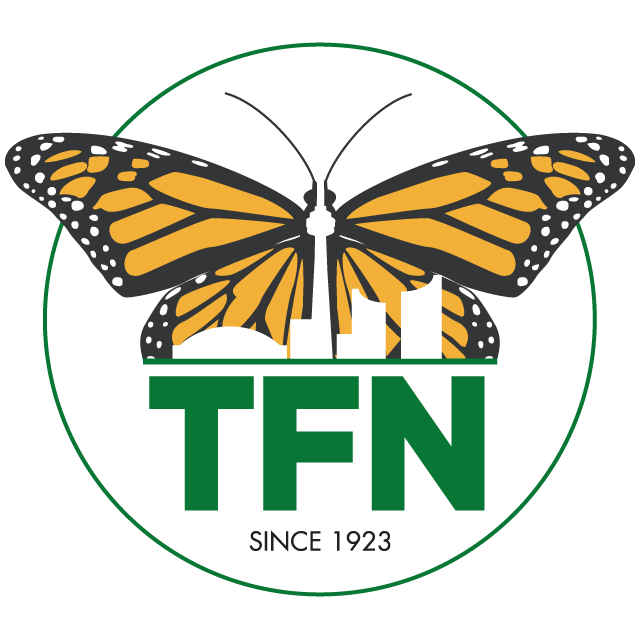Toronto’s Infrastructure and Environment Committee will consider a ban on two-stroke small engines at its June 28 meeting under item 2023.IE5.1
We need your help:
Before June 28, support a ban on leaf blowers by submitting a comment at this link
Before the July 19 City Council meeting, email your city councillor to ask for a ban on leaf blowers.
Learn more:
The noise, dust and air pollution of leaf blowers stresses us all as human beings.
But urban noise is not just bad for humans; it’s bad for wildlife habitat too. Toronto’s residential streets and backyards are important habitat for many kinds of native birds, pollinating insects and other wildlife. Even small green patches have habitat value as refuges from the rapid growth of our city and the accelerating loss of rural greenspaces across southern Ontario.
Damaging effects of noise on birds and other wildlife include interfering with their communication, mating, navigation and foraging. For example, one recent study on grassland songbirds found that short periods of unpredictable noise can be much harder on birds raising offspring than ongoing background noise. In another study at the University of Colorado, the fitness of mountain bluebirds was decreased at sites with noise pollution. A recent UK study also found human noise can interfere with bird communications.
The City of Toronto has recognized the need to protect and restore urban patches of habitat through enabling policies such as the 2019 Biodiversity Strategy and the 2018 Pollinator Protection Strategy, as well as Toronto’s 2021 certification as a Bird-Friendly City. But good intentions need to be followed by practical steps to improve urban habitats. Let’s end the unnecessary and damaging noise of leaf blowers in our residential areas and greenspaces.
Gardening Tip: just “leave the leaves”: listen to Toronto Nature Now, episode 137

